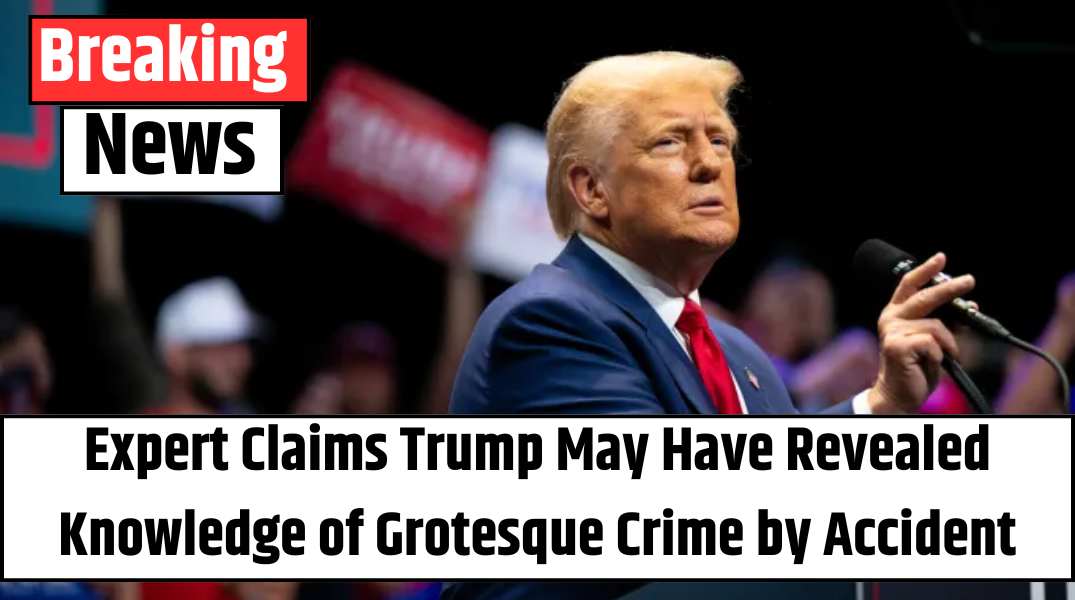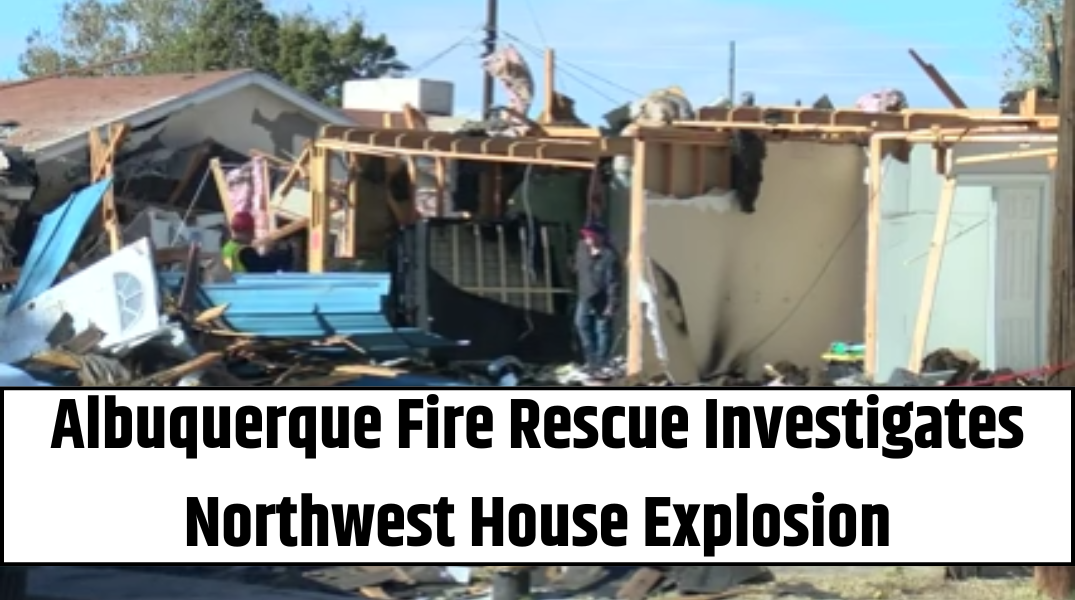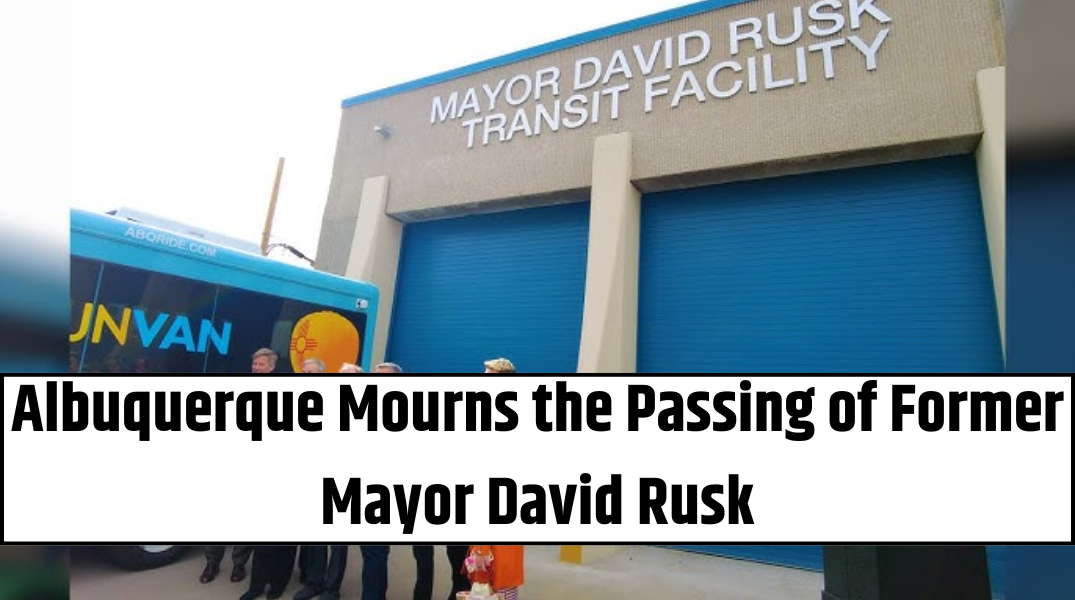A legal expert expressed shock Thursday evening after former President Donald Trump appeared to suggest that he had prior knowledge of disturbing behavior involving Jeffrey Epstein—raising serious ethical, if not legal, concerns.
During a segment on CNN’s OutFront, host Erin Burnett spoke with legal scholar Ryan Goodman, co-editor-in-chief of Just Security, about Trump’s latest comments regarding the end of his friendship with Epstein, the financier who died by suicide in jail while facing federal sex trafficking charges.
The discussion centered on Trump’s evolving explanation for cutting ties with Epstein, which recently included a claim that Epstein had acted inappropriately toward female staff at Mar-a-Lago. That detail—Trump calling Epstein a “creep” and alleging misconduct—has now prompted fresh scrutiny.
Inconsistent Timelines Raise Eyebrows
As Burnett pointed out, Trump’s narrative has shifted over time. While initial reports from the Trump Organization cited a 2007 expulsion tied to Epstein’s 2006 arrest in Florida, the latest explanation involves alleged misconduct years earlier.
Also Read – Smuggling Operation Disrupted by Border Patrol in Alamogordo
“If Trump expelled Epstein from his club for predatory behavior,” Goodman noted, “then it indicates he had knowledge of that behavior.” In other words, Trump’s own words may suggest he was aware of Epstein’s conduct before it became public—something he had previously denied.
Burnett interrupted to emphasize the contradiction: “It’s hard to say he was a creep if you’re also saying you didn’t know what he was doing.”
The Timeline Doesn’t Add Up
The problem, according to Goodman, lies in the chronology.
-
Epstein was arrested in 2006.
-
Trump Organization claims Epstein was kicked out in 2007.
-
However, Trump continued speaking positively about Epstein well after 2000, even after the alleged incident involving Mar-a-Lago staff.
-
The hiring-away incident Trump refers to reportedly happened years before their falling out.
As Burnett remarked, “So now the claim is Epstein was removed because of his behavior toward staff—seven years after the alleged misconduct? And after he was arrested?”
Goodman responded that this revised narrative could reflect “moral culpability” if not legal liability.
Is There Any Legal Exposure?
When asked whether Trump could face any legal repercussions for allegedly knowing about Epstein’s behavior and failing to act, Goodman explained the legal framework:
-
Mere knowledge of a crime does not constitute criminal liability.
-
Mandatory reporting laws generally apply to professionals like teachers, doctors, and counselors—not to private citizens or friends.
-
Even if reporting were legally required, statutes of limitations may have long expired under state law.
“So unless Trump were in a legally obligated position—like a school official—there’s no automatic duty to report,” Goodman said. “That means the issue here is more about ethical accountability than criminal conduct.”
Also Read – Airmen Join Mescalero Flood Recovery Efforts After Severe Storms
Final Takeaway
While Trump may not be exposed to legal consequences over what he now claims to have known, his remarks have drawn renewed attention to his long association with Epstein and raised questions about when—and what—he truly understood about the disgraced financier’s actions.
Goodman concluded: “It doesn’t paint a good picture. At minimum, it suggests he was aware of deeply inappropriate conduct but only distanced himself much later. That’s a serious moral question, even if the law doesn’t have an answer for it.”





